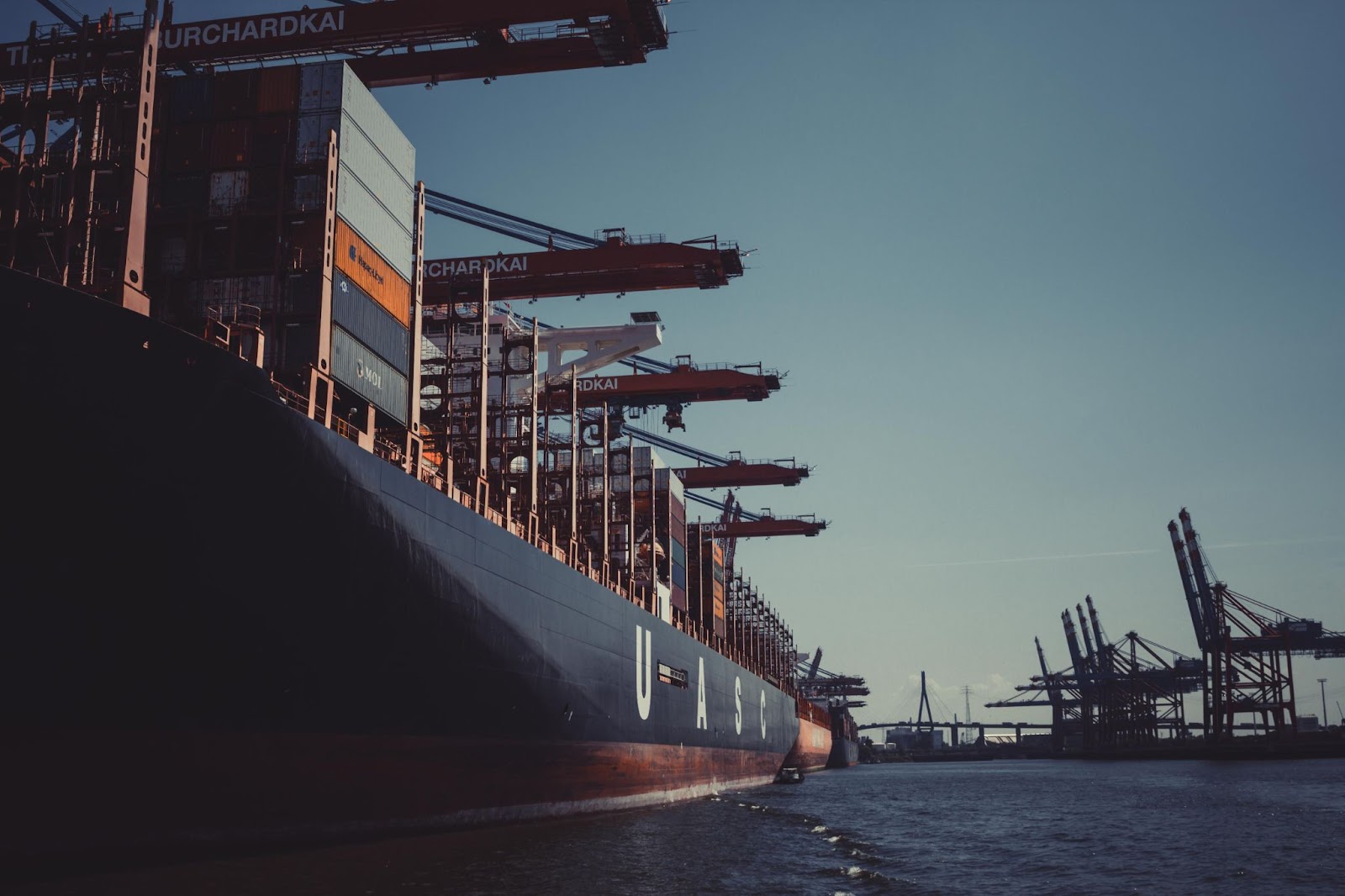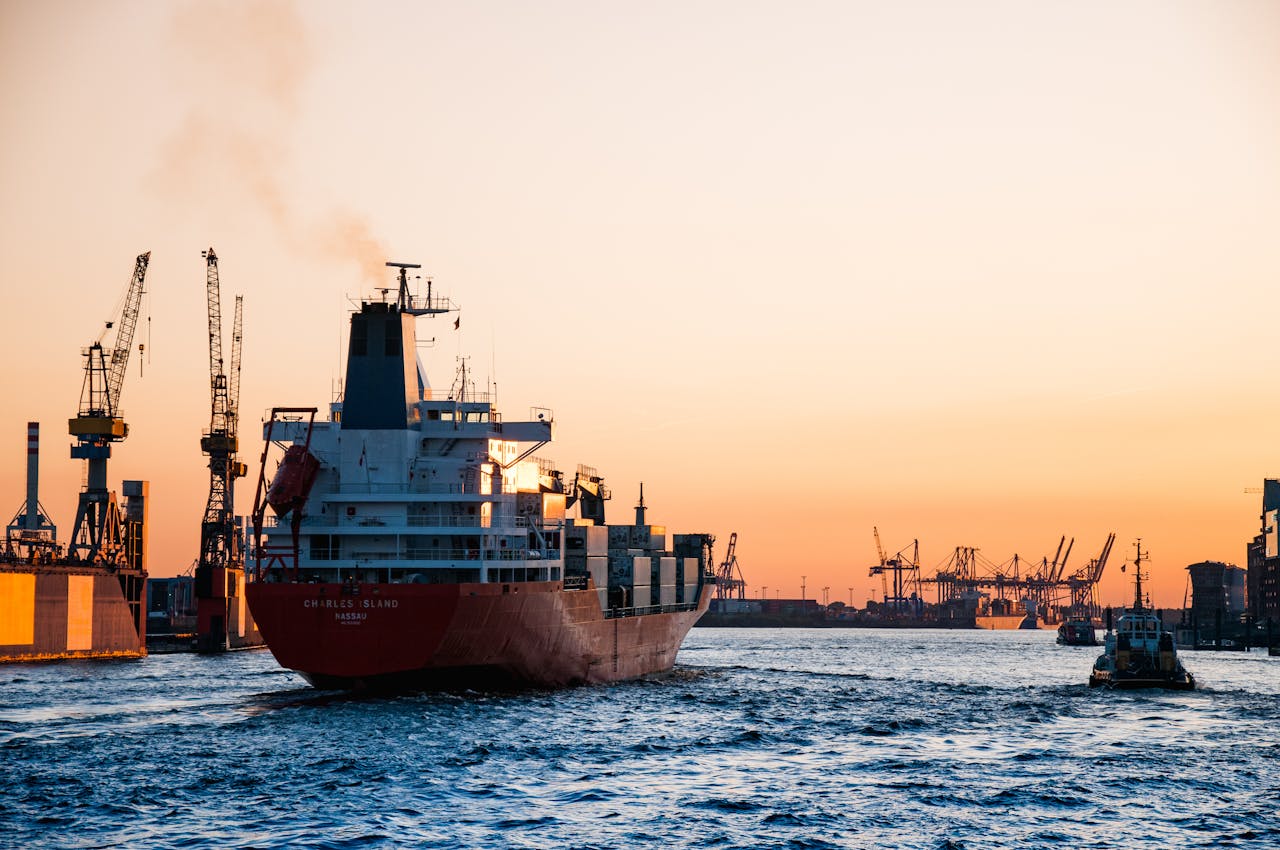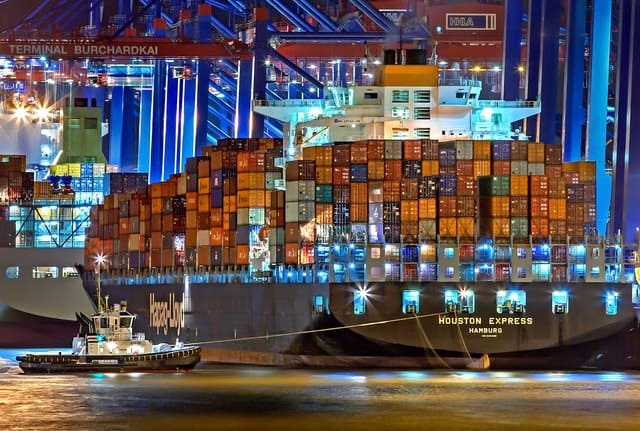How Recent Changes in Maritime Law Affect Importers and Exporters

This is a guest post by Harrison Clarke.
Recent changes in maritime law have ushered in a new era for those of you who import and export goods. The landscape of international trade is continually evolving, presenting challenges and opportunities. Understanding these legal shifts is essential for maintaining compliance and optimizing your operational strategies.
For importers and exporters, the stakes are high, as failing to adapt can lead to significant disruptions and financial penalties. This guide goes into the specifics of these changes, providing insights into how you can navigate these new regulations effectively. Hence, staying informed is not just beneficial—it’s imperative for your continued success in the global market.
Specific Legal Amendments Impacting Maritime Operations
In recent months, targeted legal amendments have been impacting maritime operations, specifically designed to address current challenges in international shipping. These changes include stricter regulations on ship emissions, enhanced protocols for ballast water management, more vigilance on ocean freight carriers, and increased security measures for vessels navigating international waters.
Each of these specific regulation types directly affects daily operations, demanding adjustments in how shipping companies and shippers manage fleets, documentation, and operation. For example, the new emissions standards require ships to use lower sulfur fuel or install emission-reducing equipment, a significant change that affects operational costs and planning. Similarly, the updated security measures necessitate rigorous checks and balances, adding layers of complexity to compliance efforts.
For importers and exporters, understanding these specific amendments is essential to maintaining efficient and legal operations.
Changes in Maritime Law Will Create Compliance Complications for Importers
Navigating the intricate web of new maritime laws has introduced significant compliance complications for importers. The recent legal changes necessitate a deeper understanding of documentation requirements and stringent cargo inspections.
Importers now face an expanded range of forms and permits, each reflecting heightened security and environmental standards. This increase in paperwork complicates routine operations and sets the stage for potential delays and increased scrutiny during port inspections. As an illustration, failure to meet the new documentation standards can result in costly hold-ups, affecting overall supply chain efficiency.
Importers must, therefore, stay vigilant and possibly seek expert legal guidance to avoid disruptions and ensure smooth customs clearance.

Export Challenges in the Wake of New Regulations
The landscape for exporters has shifted dramatically following the introduction of new maritime regulations. These updates have reshaped aspects such as export licensing and the implementation of advanced security protocols.
Exporters now must navigate more rigorous checks that can significantly prolong the process of getting goods to international markets. This increased scrutiny is designed to enhance global trade security but comes at the cost of potential delays and added operational complexities.
Moreover, changes to export licensing requirements mean businesses must obtain additional approvals and potentially restructure their logistics to comply with new legal standards. Adapting to these conditions is essential for exporters aiming to maintain market presence and avoid legal complications.
Increased Costs from Legal Adjustments
Adjusting to the recent changes in maritime law inevitably leads to increased operational costs for both importers and exporters. Compliance with these new regulations often entails additional fees, including those for updated licensing, enhanced cargo inspections, and environmental compliance measures.
Efficient storage solutions become essential here as businesses must manage larger inventories of compliant materials and documentation safely and accessibly. In this scenario, NYC Mini Storage offers an exemplary service for New York City residents. Known for their reliability and flexibility, they provide secure, scalable options ideal for businesses grappling with the need for additional space due to regulatory demands.
This strategic financial planning is important for mitigating the economic impact of these legal changes, ensuring businesses remain efficient and compliant.
Technological Solutions to Maritime Law Challenges

Technological solutions have emerged as vital tools for ensuring compliance and streamlining operations in response to the tightening of maritime laws.
Digital documentation systems, for example, simplify the management of the extensive paperwork now required under new regulations. These systems reduce the risk of human error and enhance the speed and security of data handling.
Similarly, real-time cargo tracking technologies provide exporters and importers with up-to-date information on their shipments, which is essential for managing schedules amidst stricter inspection protocols.
Investing in such technologies aids in adhering to new legal standards and offers long-term benefits by improving operational efficiency and reducing potential delays. Embracing these technological advancements is increasingly becoming necessary for businesses aiming to succeed.
Legal Resources and Support for Businesses
As the complexity of maritime law increases, accessing specialized legal resources and support becomes important for businesses involved in international trade.
Industry associations often offer up-to-date guidance and workshops on compliance with new regulations. Legal firms specializing in maritime law can provide tailored advice that addresses specific business needs and challenges. Also, government portals often have sections dedicated to recent legislative changes, offering official interpretations and procedural advice.
Leveraging these resources helps businesses remain compliant and enhances their ability to anticipate and react to future legal shifts. Engaging with these support networks is essential for navigating the complexities of maritime law effectively and ensuring smooth operational transitions.
Strategic Adjustments for Long-Term Adaptation
With new maritime laws in place, strategic adjustments are imperative for long-term success in import-export activities.

One effective approach is diversifying supply chains to reduce dependence on single points of failure, which can be particularly vulnerable under stringent regulations. Reevaluating vendor contracts to include terms that reflect new legal realities is another important step, ensuring that all parties are aligned with current compliance requirements. Further, enhancing in-house compliance departments with expert staff and updated training programs can equip businesses with the resilience to handle future regulatory changes.
Emphasizing these proactive strategies helps businesses adapt to present conditions and positions them well for future shifts in the regulatory landscape.
Summary: Staying Afloat Amidst Maritime Law Changes
Navigating the recent changes in maritime law requires a diligent and informed approach. As the regulatory environment continues to evolve, staying updated on these changes is not just advantageous—it’s essential.
Utilizing legal resources, embracing technological solutions, and making strategic adjustments are key to maintaining compliance and operational efficiency. Hence, continuous engagement with industry experts and investment in compliance infrastructure are vital.
In short, proactively managing these legal shifts will ensure your business remains robust and competitive in the global marketplace.
This was a guest post by Harrison Clarke.
Author Bio
Harrison Clarke is a seasoned business strategist with over twenty years of experience in corporate leadership. Harrison is recognized for his pragmatic approach to solving complex challenges and his ability to guide companies toward sustained success in competitive markets. His leadership skills and innovative thinking make him a respected figure in the business community.





